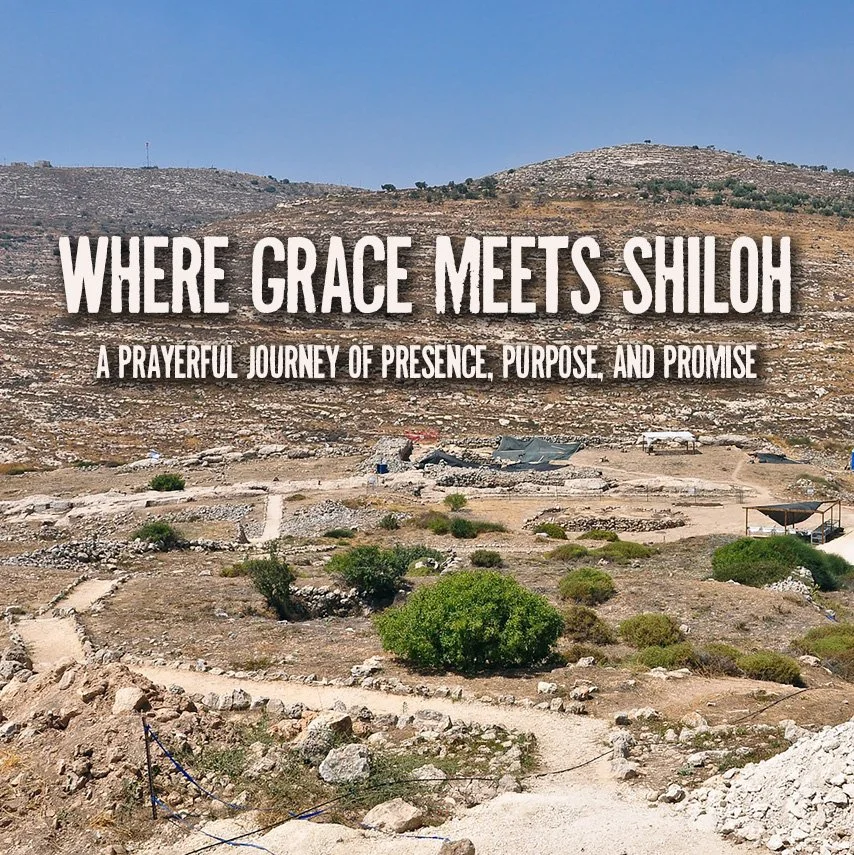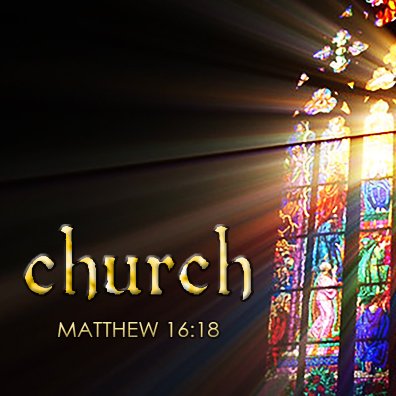A Prayer for New Life
Where Grace Meets Shiloh: Part 2
August 24, 2025
1 Samuel 1:1-2:11
“How long will you act like a drunk? Sober up!” Eli told her.
“No sir!” Hannah replied. “I’m just a very sad woman. I haven’t had any wine or beer but have been pouring out my heart to the Lord. Don’t think your servant is some good-for-nothing woman. This whole time I’ve been praying out of my great worry and trouble!”
Eli responded, “Then go in peace. And may the God of Israel give you what you’ve asked from him.”
1 Samuel 1:14-17
_______________
It’s easy for small churches to get an inferiority complex. Everything in our culture says that bigger is better. And yet, small congregations make up the majority of churches in the U.S. Over 61% have less than 100 in weekly worship and 31% have less than 50. Less than 10% have over 250 people, and yet these are the ones that get most of the attention.
Healthy small churches have many strengths. They can adapt more quickly to change, nurture closer-knit intergenerational relationships, stay grounded in their local communities, and equip a higher percentage of members for meaningful service, both in and beyond the church.
As a woman who cannot bear children, Hannah is easily dismissed and misunderstood. Her grief is mistaken for disorder and even drunkenness by Eli, the priest. She prays fervently for a child and boldly tells Eli, “Don’t think your servant is some good-for-nothing woman.” That line echoes for me when I think of how easily small churches are written off today. “Don’t think your servants are good-for-nothing because of our size.
From this misunderstood woman in this often overlooked place called Shiloh, God brings forth new life. Her son Samuel will lead Israel as a prophet, confront the corruption of the priesthood, and anoint David, the youngest and most insignificant Son of Jesse, as King of a nation. Hannah’s prayer in chapter 2, much like Mary’s Magnificat centuries later, celebrates a God who lifts the lowly and fills the empty.
This story isn’t directly about small churches, but it is about a God who tends to do great things in hidden and humble places. It’s about new life beginning where others have given up hope. At Shiloh, we are reminded that an entire movement can begin with a single prayer, a vulnerable act of faith, and a God who has not forgotten us.
Diana Butler Bass once said to a group of anxious church leaders, “I don't think I've ever heard so many people who claim they believe in the resurrection be so worried about the death of their church.”
For Further Reflection:
Do you think more about life or death? Why?
What signs of new life are you seeing in unexpected places?
What overlooked places in your life or in your church might become sacred ground?













